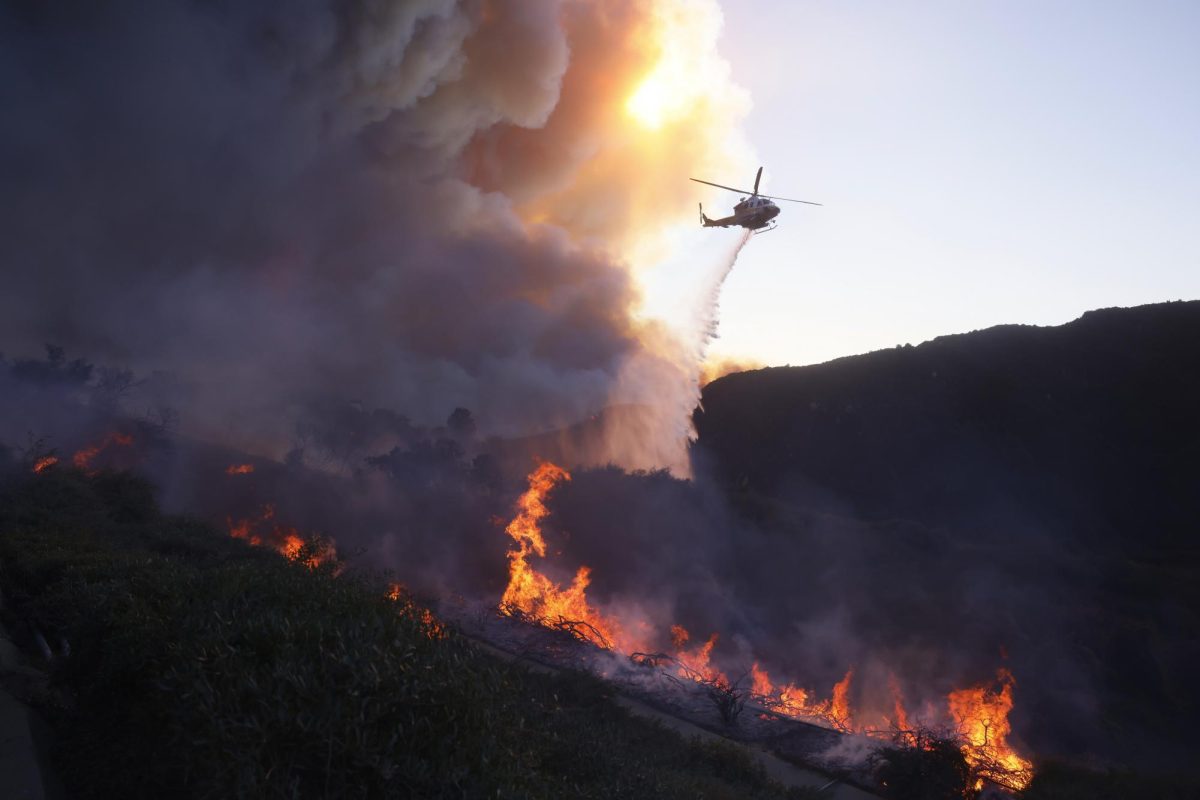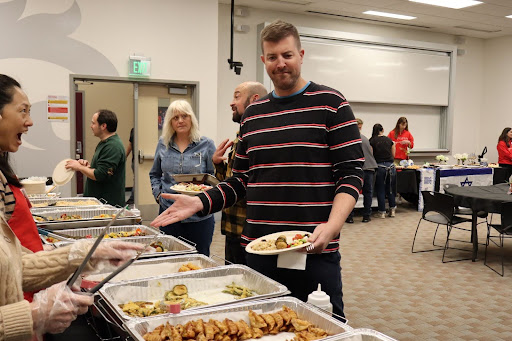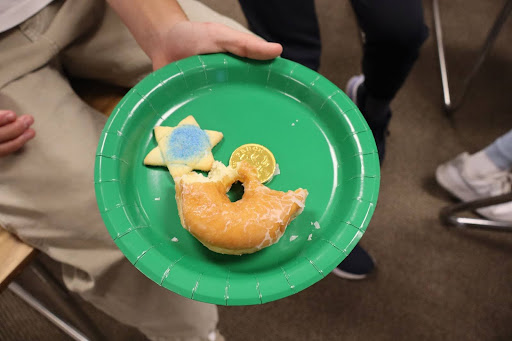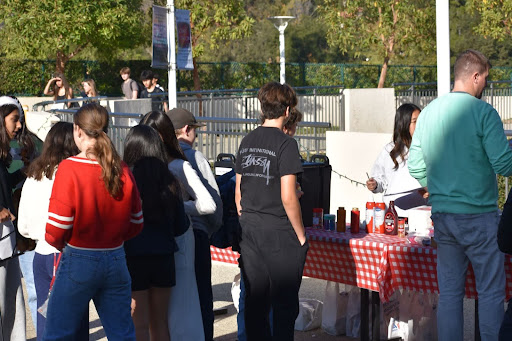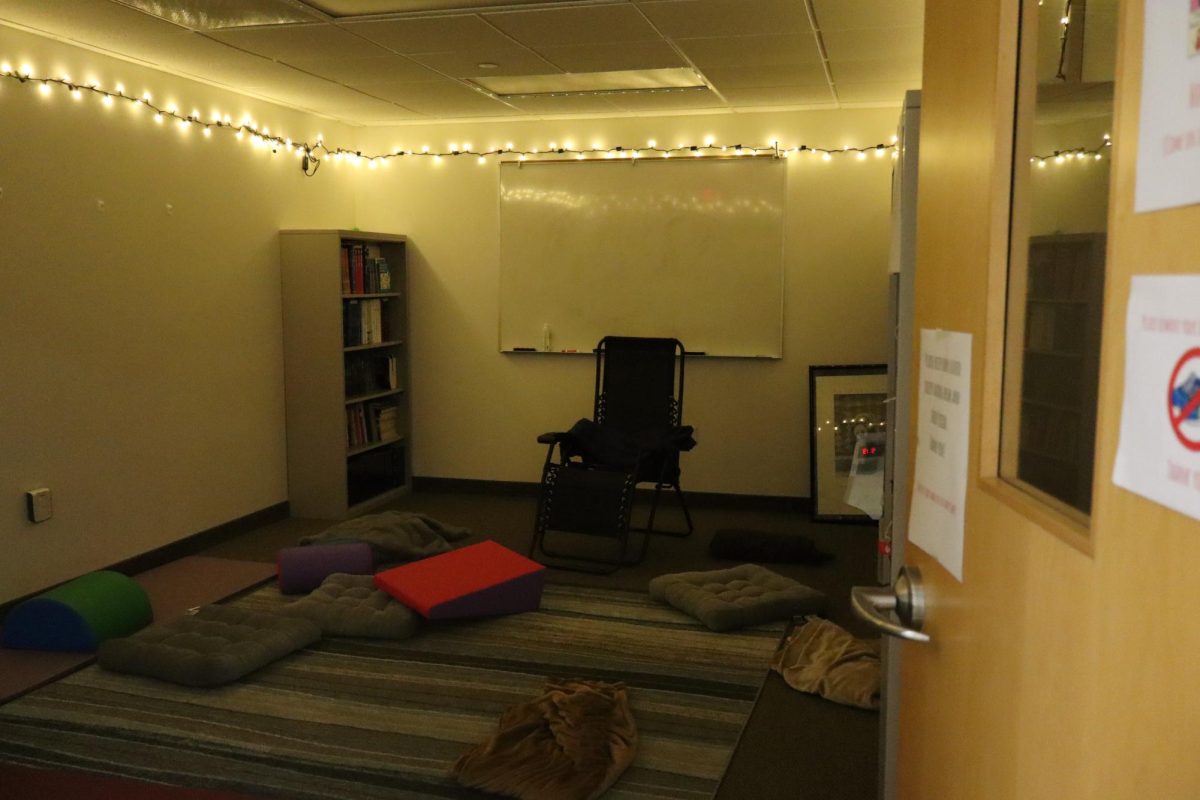Harvard-Westlake (HW) Book Bistro, with support from BLACC, is holding a book drive for the Free Black Women’s Library of L.A. with the goal of collecting 300 books before spring break.
“We’ll be setting up donation boxes around campus until Spring break—just look for the signs with the library’s logo!” middle school librarian Elaine Levia said. “If you’re reading this, it’s still not too late to donate a book written by a black woman!”
Levia suggests bringing in poetry works by Warsan Shire, Aziza Barnes, Alysia Harris, Mahogany L. Browne, Angel Nafis or Safia Elhillo. “Children of Blood and Bone” is another good example of what to bring in.
“I’m trying to get more kids books and more young adult books,” Asha Grant, director of the Free Black Women’s Library L.A., said in a phone interview. She says she wants to show the diverse selection of books black women write.
Grant was inspired to start the L.A. branch of the library when she saw a Free Black Woman’s Library event in New York. The organization was started by Ola Ronke Akinmowo.
“I was like, ‘Oh my God! This is so amazing!'” Grant said. She says she wanted to have something like that in L.A.
“Oftentimes, men, particularly white mens’ work is celebrated and is considered to be the top of what we consider to be quality, good literature,” Grant said. “And we know that their experiences are very particular to them, and not really always something… people of color, or women or queer people, are able to identify with.”
Grant says diversity in literature would have helped her as a child. For example, when she was in middle school, Grant struggled with wanting straight hair because she never saw her own hair type portrayed as a beauty standard.
“It was difficult for me to try to maintain that sort of hairstyle and I wish I could tell myself that it’s okay to take a break from that a focus on the things that come naturally to you,” Grant said.
Some of her favorite books like “The Babysitter’s Club” and Judy Blume books did not feature many black characters.
“I never really read anyone who described someone with beautiful black skin,” Grant said. She wanted to see herself, “your regular black girl from Inglewood,” in literature.
The Munger Library has been working to diversify reading materials in order to reflect the school community, according to Levia.
“We have worked to diversify our selection by paying attention to the narratives of people of color, LGBT+ people and the stories of historically oppressed people,” Levia said. She says one of the purposes of libraries is to connect communities.
“Supporting the Free Black Women’s Library – LA is an important cause because it shines a light on the work of black women, who, as authors and writers, (not to mention as people) have been historically underappreciated and overlooked,” Levia said.
There is an Amazon wishlist with other books to donate that can be found at the Free Black Women’s Library’s Instagram, @thefreeblackwomenslibrary_la.
